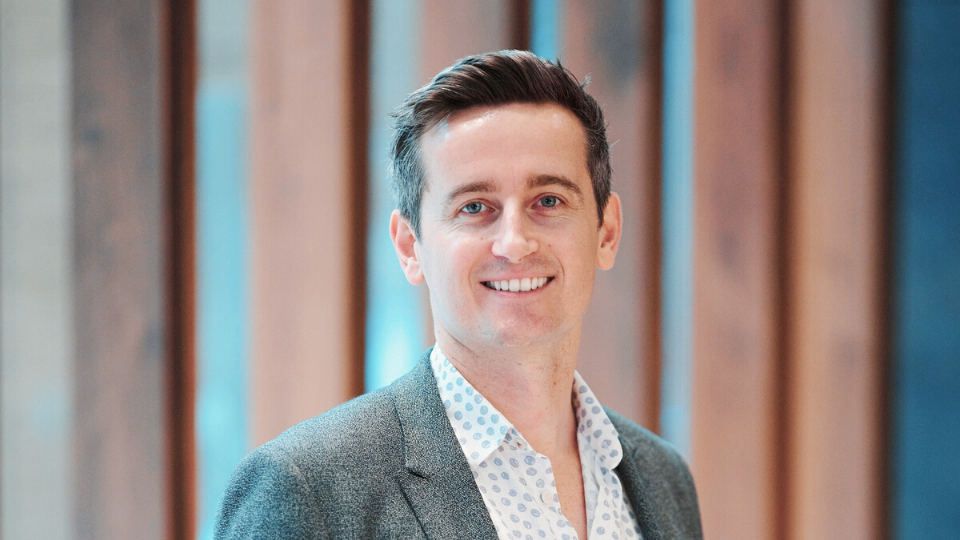
Before Michael Green, GM of Partnerships, UK and EMEA at Xero, ventured into a commercial role, he was a solicitor at one of New Zealand’s top law firms. One fateful night would change that, the clear path towards partnership giving way to the exciting unknowns of the start-up world. Green was invited to attend the Xero Christmas party as a plus one, and by the end of the night had been persuaded by the CFO and Sole Counsel to join the company.
Always ambitious, Green thrived on every new opportunity that came his way, and eventually one such opportunity led to him moving to the UK as the sole lawyer in the London office. There, Green found himself shaking hands across the full suite of business functions and the exposure to the commercial side of things planted a seed in his mind. Could he transfer to a non-legal role?
At a crossroads, he pondered the question: “Do I love the law, or do I want to use my skillset elsewhere in the business?” As that fateful night at the Xero Christmas party had shown, Green was predisposed to adventure.
His move to the UK in 2017 was timely in that it coincided with Brexit and the GDPR, which largely reshaped the legal landscape. Effectively navigating not only the legal complexity of these two events, but the sociopolitical complexity as well, proved Green could not just work but excel in ambiguity. A particularly good thing for a business to know about you.
This experience shone the spotlight on the plethora of transferrable skills lawyers have. Skills they’re not necessarily aware of, says Green. “In-house lawyers grossly underestimate how amazing their skillset is.”
These skills often transcend mere technical expertise and expand into creative and critical thinking, emotional intelligence, resilience and leadership. The skills of the human condition.
To further cultivate his idea, Green embarked on a fact-finding mission to find out exactly what other business units did. “I spent lots of time with senior leaders around the business across sales, marketing, product and partnerships, diving into what they did on a day-to-day basis.”
His intention was to gather information and insights as to the realities of various commercial positions and to understand where he would best fit. However, the more fact finding he did, the more he realized that leadership was defined not by technical ability but by intangibles.
“Building up trust is crucial,” says Green. Given that lawyers are already valued and trusted members within their organization this wasn’t too difficult, so he focused on building his credibility in other areas. “I aimed to become a go-to person on all business issues, not just the legal ones.”
Trust is reciprocal, and an essential element of becoming trusted by other functions within an organization is learning to trust them as well: shifting from counsel to colleague and working together to forge a community of achievement.
“I’ve always loved the idea of almost transcending individual accomplishments and moving into a role where you create an environment where people want to perform and do the best work of their lives,” says Green.
His metamorphosis can be described as having a desire to understand the human aspects in his work more readily. Green began as a lawyer embracing business and has evolved into a lawyer celebrating the humanity in business.
“I love the idea of togetherness; I love the idea of working together to solve problems. That is probably the biggest learning that I’ve had as a leader; you can’t do everything yourself. And even if you can, you’re not going to do the best job at it because good results come from collaboration and diversity of thought. I call my move to leadership over the past 10 to 15 years a move from IQ to EQ to WeQ.”